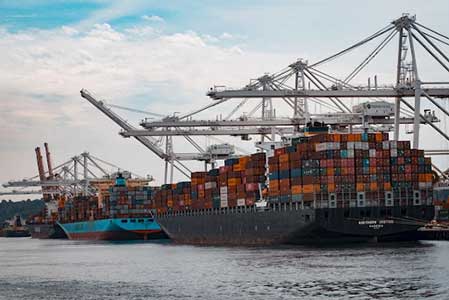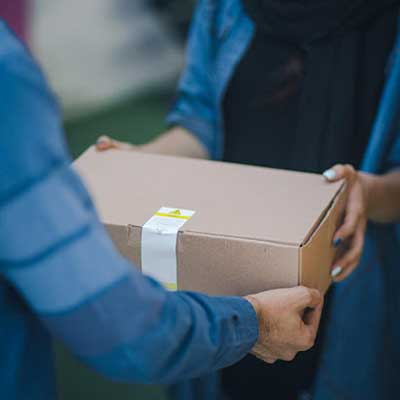 In today’s globalized world, businesses rely heavily on international trade to source raw materials, components, and finished products. While globalization has brought many benefits, it has also exposed companies to various risks, including importing delays and disruptions. Whether it’s due to natural disasters, geopolitical tensions, or unforeseen events like the COVID-19 pandemic, import disruptions can have a profound impact on supply chains.
In today’s globalized world, businesses rely heavily on international trade to source raw materials, components, and finished products. While globalization has brought many benefits, it has also exposed companies to various risks, including importing delays and disruptions. Whether it’s due to natural disasters, geopolitical tensions, or unforeseen events like the COVID-19 pandemic, import disruptions can have a profound impact on supply chains.
To build resilient supply chains, businesses must develop strategies to navigate these challenges effectively.
Causes of Importing Delays and Disruptions
Importing delays and disruptions can be caused by a wide range of factors.
 Here are some of the common culprits:
Here are some of the common culprits:
Transportation Issues: Problems in the logistics chain, such as port congestion, strikes, and transportation breakdowns, can lead to delays. Sometimes ports will perform random audits on shipments to make sure everything is in compliance. There are also events that happen around the world that can affect transportation.
Example: During covid a single ship caused a massive disruption by blocking the Suez Canal for around a week, crippling international trade.
- Regulatory Changes: Alterations in import regulations, customs procedures, or trade agreements can lead to delays and increased compliance costs.
Strategies for Resilience
 To mitigate the impact of importing delays and disruptions, businesses should implement strategies that enhance the resilience of their supply chains.
To mitigate the impact of importing delays and disruptions, businesses should implement strategies that enhance the resilience of their supply chains.
Here are some key strategies to consider:
Plan Ahead
They say if you fail to plan, you plan to fail. Ordering products on a whim or when you are out of stock is the least efficient way to order your products. In order to reduce the chances of delays or mitigate their effects, you should order ahead of time.
For example, if it takes 2 months to manufacture your product and another month for sea shipping, you may want to order 4 months ahead just to have a buffer against any unforeseen delays.
How Will You Know When to Order?
By keeping a tight control on your inventory, you’ll know how much of your product you have, and how often you use it. There are different software programs you can use to help you automate your inventory management, such as point of sale systems like Square. Not only is keeping track of your inventory crucial for knowing when to order, but it also helps with predicting market trends.
Form Strong Relationships
You should stay in touch with your customs broker to help keep abreast of potential regulatory or shipping changes. They’ll be able to give you up to date reports on your shipments as well as potential changes to regulations or other global events that might factor into your orders.

Making Resilience a Competitive Advantage
We work tirelessly to keep our customers abreast of any potential changes to the timeline of their product. While it’s not possible to eliminate all delays, we do our best to mitigate or circumvent them so that our customers get their products on time. By following these steps in today’s dynamic and uncertain world, building resilience is a competitive advantage that can help businesses not only survive but thrive in the face of importing delays and disruptions.
